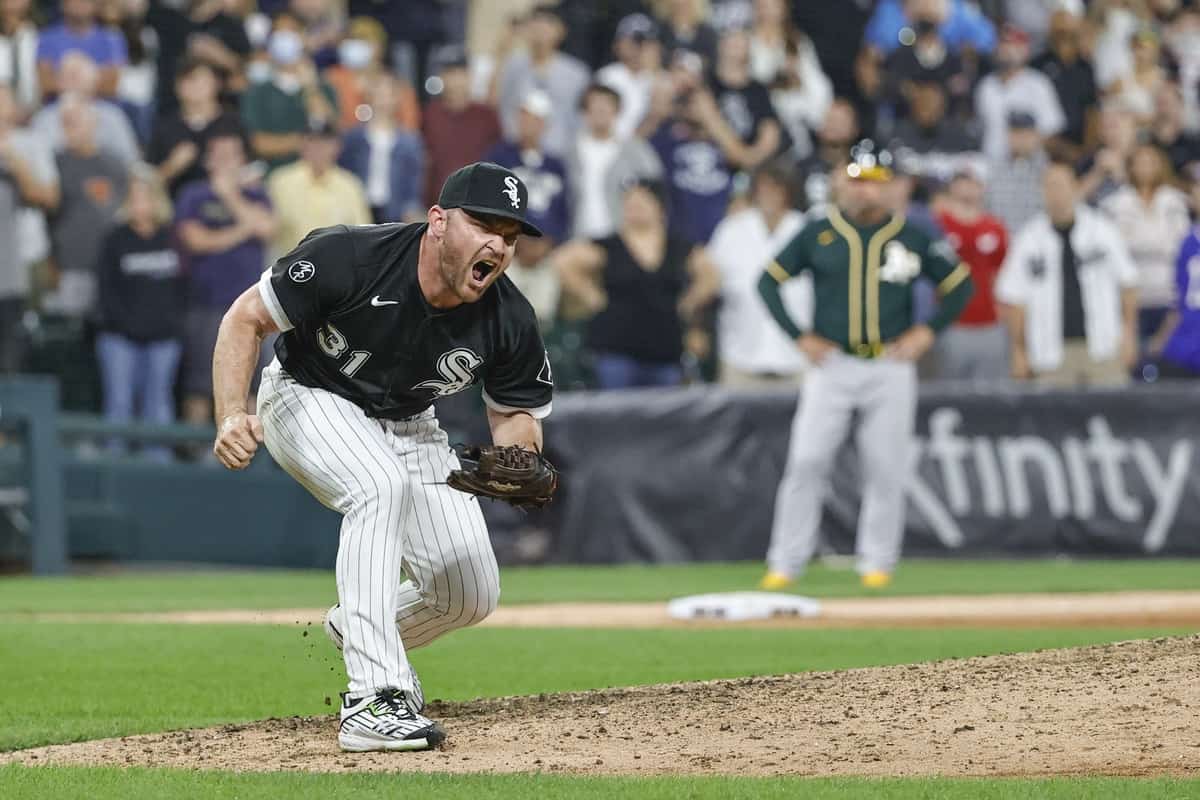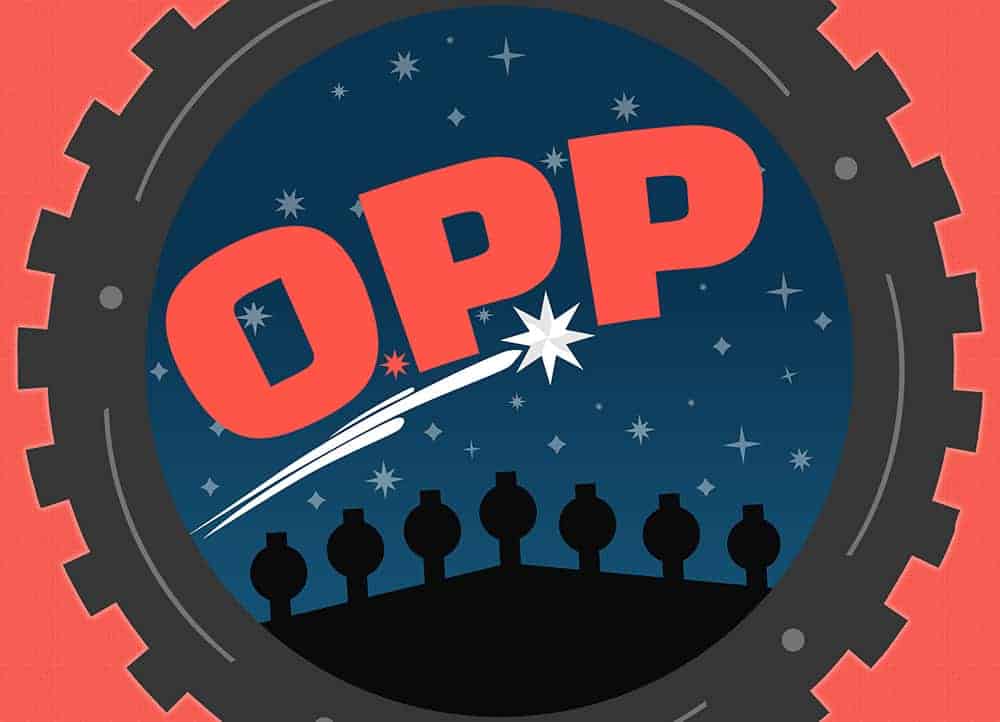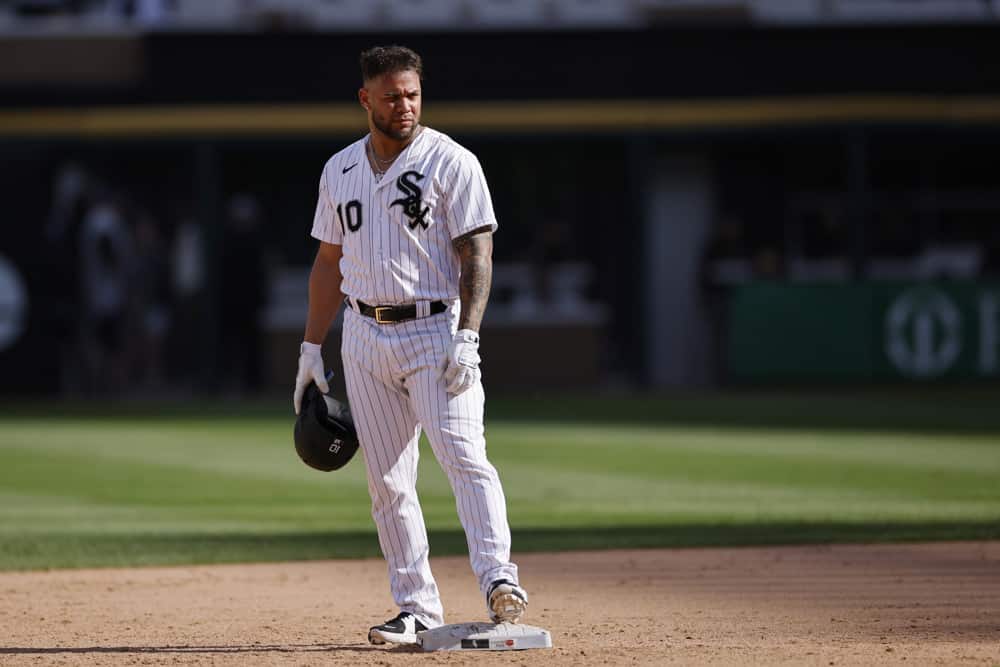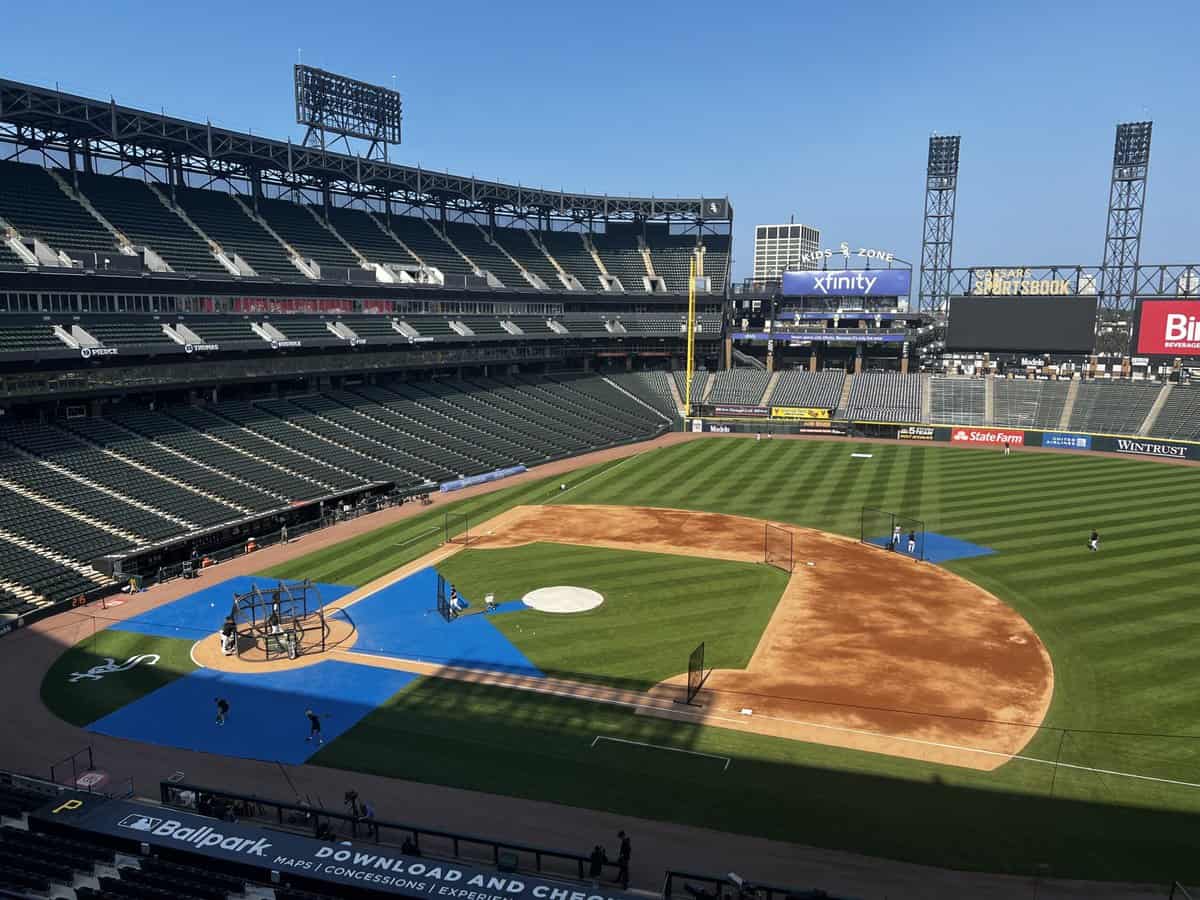The last time Liam Hendriks pitched in the ALDS, only one game had a chance of getting to him. And Bob Melvin made sure that nobody else could take it away.
The Oakland Athletics dropped the first two games of their five-games series with Houston last October by convincing margins. They blew leads of 3-0 and 4-3 in Game 1, with a sixth-inning implosion sealing the deal of a 10-5 loss. Game 2 reached its final score of 5-2 by the middle of the fifth inning.
The A's were on the ropes in Game 3, after a five-run fifth off Jesus Luzardo and Yusmeiro Petit gave Houston a 7-4 lead. But when a three-run homer by Chad Pinder in the top of the seventh tied the game just in time for "Take Me Out to the Ballgame," Melvin left nothing to chance. Closers might not even have their shoes on at the point in the game where Hendriks came in to pitch, starting the seventh with the game tied at 3. He pitched the seventh, and when the A's took the lead in the top of the eighth, Hendriks handled the eighth and ninth. He struck out four over three scoreless innings, allowing just one hit. He needed just 37 pitches.
Melvin was right to seize the day. In Game 4, the A's blew a 3-0 lead to Houston with a five-run bottom of the fourth, and Hendriks was once again rendered irrelevant. If Melvin waited for something resembling a typical save situation, Hendriks might have sat the whole series.
This sequence has come to mind when mulling Craig Kimbrel's role for the postseason, and the eighth-inning alternatives. It's taken up a lot of oxygen, and for a number of reasons. Beyond the general important of high-leverage relief work, there's the acquisition cost, his option status for next year and the fact that there's little else for the team to address.
It's all legit, and at some point, the White Sox will probably have to see what he has. But since the postseason starts with the shortest of the series and therefore the smallest margin for error, I think the White Sox should start by procrastinating and using Hendriks for two innings instead.
* * * * * * * * *
Ever since Hendriks blew the save in the Field of Dreams Game, he's been damn near perfect. He's allowed just one run over 21 innings, limiting opponents to 10 singles and a walk while striking out 31. He's 12-for-12 in save opportunities, and he picked up a win with a scoreless 10th against the Tampa Bay Rays.
He earned the American League Reliever of the Month Award for his work in September, his second such honor this year, although he should probably share this one with his wife.
Kimbrel hasn't done as much as the White Sox have hoped since he crossed town, but he's very much defined what makes Hendriks special. Of the 45 hits Hendriks has allowed, 30 are singles. He has only walked seven batters over 71 innings, with just one plunking. He's also thrown just one wild pitch, which is a helpful byproduct of a 70-percent fastball rate. Every base is earned, which is why baserunners are testing him more than usual once they reach. (It hasn't worked.)
By comparison, Kimbrel gets on these jags of generosity where one base gets you two more. Not only will he accept competitors' coupons, he'll sometimes let you write your own.
| Pitcher | IP | BF | XBH | BB | HBP | WP |
|---|---|---|---|---|---|---|
| Hendriks | 71 | 267 | 10 | 7 | 1 | 1 |
| Kimbrel | 59.2 | 235 | 12 | 23 | 3 | 8 |
So let's think about a potential situation for Thursday where the White Sox head into the eighth inning of Game 1 with a 3-2 lead an ability to flip home-field advantage. Why not cut out the middle man and go with Hendriks?
One counterpoint is Game 2 of last year's Wild Card Series, where Melvin broke the emergency glass for Hendriks before the margin approached a save situation, and the White Sox almost foiled the move. He entered in the eighth inning with a runner on first and a 5-0 lead, but two batters into his appearance, Yasmani Grandal narrowed it to 5-2 with a two-run homer.
He also couldn't close the door in the ninth. After striking out Adam Engel and Jarrod Dyson to open the inning, he gave up singles to Nick Madrigal and Tim Anderson before a seven-pitch walk to Yoán Moncada loaded the bases. With Hendriks at 49 pitches, Melvin called for Jake Diekman, who walked Grandal for another run before getting José Abreu to ground out to end the game.
Unfortunately for the White Sox, it had no lasting effects. Hendriks took the mound the very next day and struck out the side to close out the series.
* * * * * * * * *
Fortunately for the White Sox ... it had no lasting effects. They have one of baseball's best closers at peak form as the start of the postseason. And in a five-game series, I think you go to that pitcher sooner than normal.
Should the Sox advance to the ALCS, there will be opportunities to get the other setup guys involved. I don't think you want to go to Hendriks two innings after two innings after two innings over the course of seven-game series. We've seen that have diminishing returns for equally talented relievers in previous postseasons, and the Sox should trust an Aaron Bummer or a Ryan Tepera in similar situations before the ninth inning. I don't see a problem with testing Kimbrel at least once either.
But for the first win of October, I think you try to establish Hendriks as a multi-inning presence if the situation affords the opportunity. Perhaps the biggest risk is that it's two innings where Hendriks could give up a homer, which lets his biggest flaw dangle there a little.
I'd be more concerned if he'd allowed a homer more recently than the first half of August. Besides, Hendriks' homer problems aren't the result of lengthy outings. He's surrendered nine of his 11 homers in traditional appearances. In the 10 games he was tasked with recording more than three outs, Hendriks' stats look like Hendriks' stats -- 13⅓ IP, 9 H, 4 R, 4 ER, 2 BB, 29 K, 2 HR -- with half of the runs and homers coming in his first very appearance of the season.
I just don't see any reason to avoid a fresh Hendriks for two innings, especially when it guarantees that you put the game in his hands at least once this October. When it comes to first-guessing, I try to work backward from the less optimal outcome and wonder how much I might kick myself for the choices in between. If Kimbrel's wildness or Bummer's dark cloud gets in the way of a Hendriks save, I'm going to wonder why the game didn't get to the best reliever sooner. If Hendriks blows the save in either inning, I don't think I could pretend that I'd have wanted to see anybody else.
If the Sox last long enough, there will be other high-leverage opportunities to distribute to the other qualified arms. A heavy dose of Hendriks early seems like the best way to ensure more of these games.
(Photo by Kamil Krzaczynski/USA TODAY Sports)





